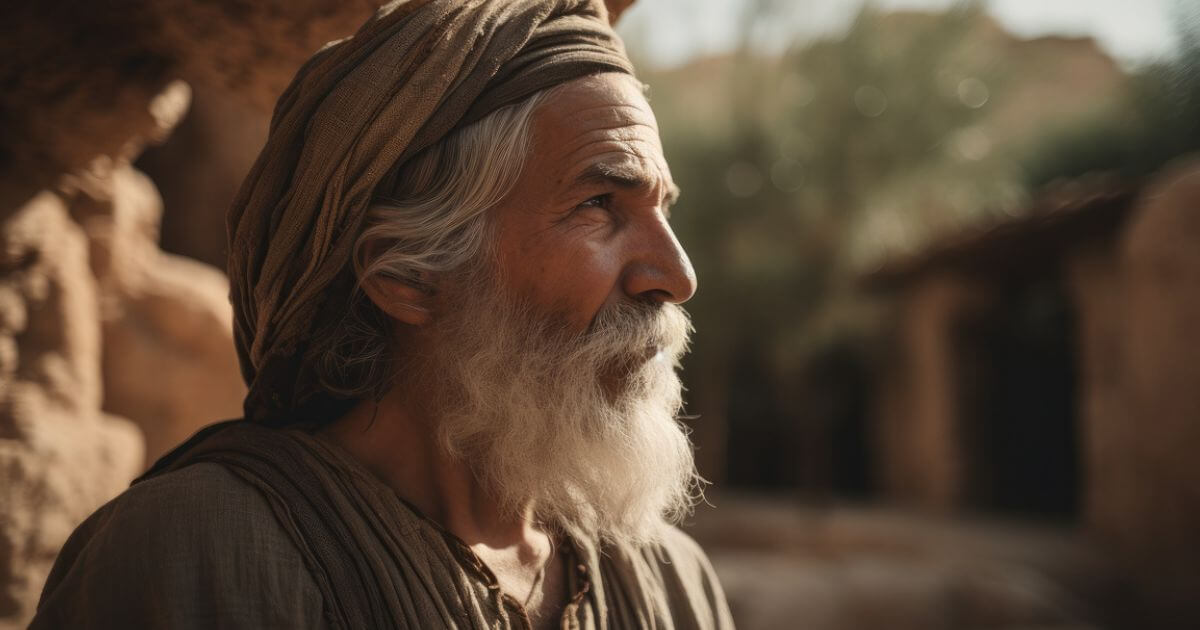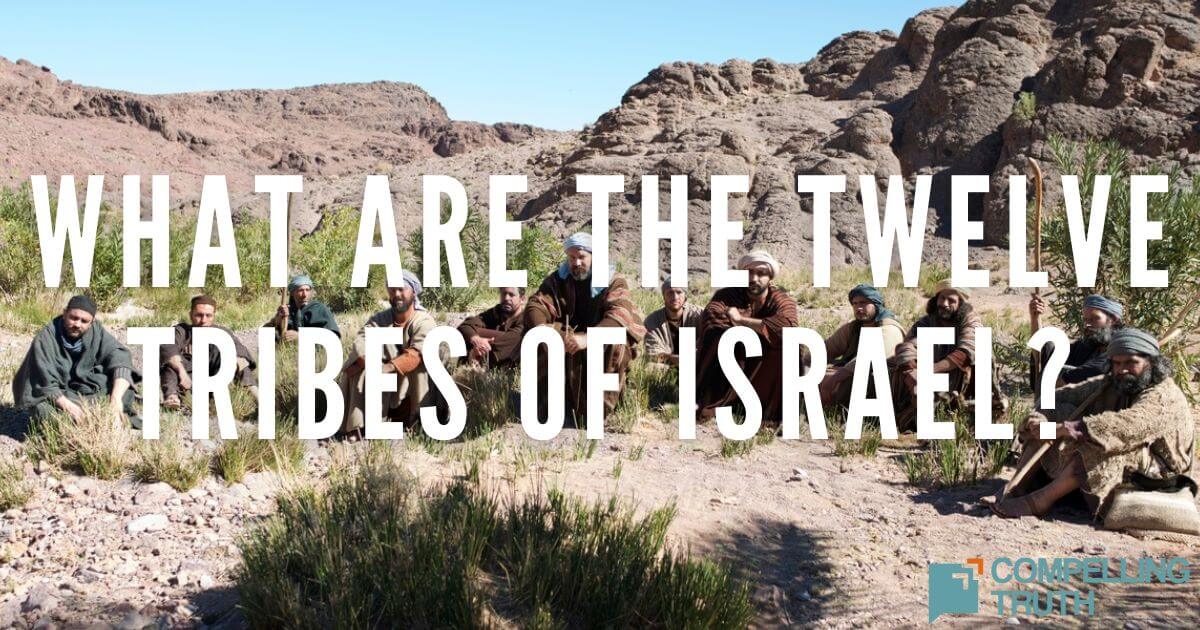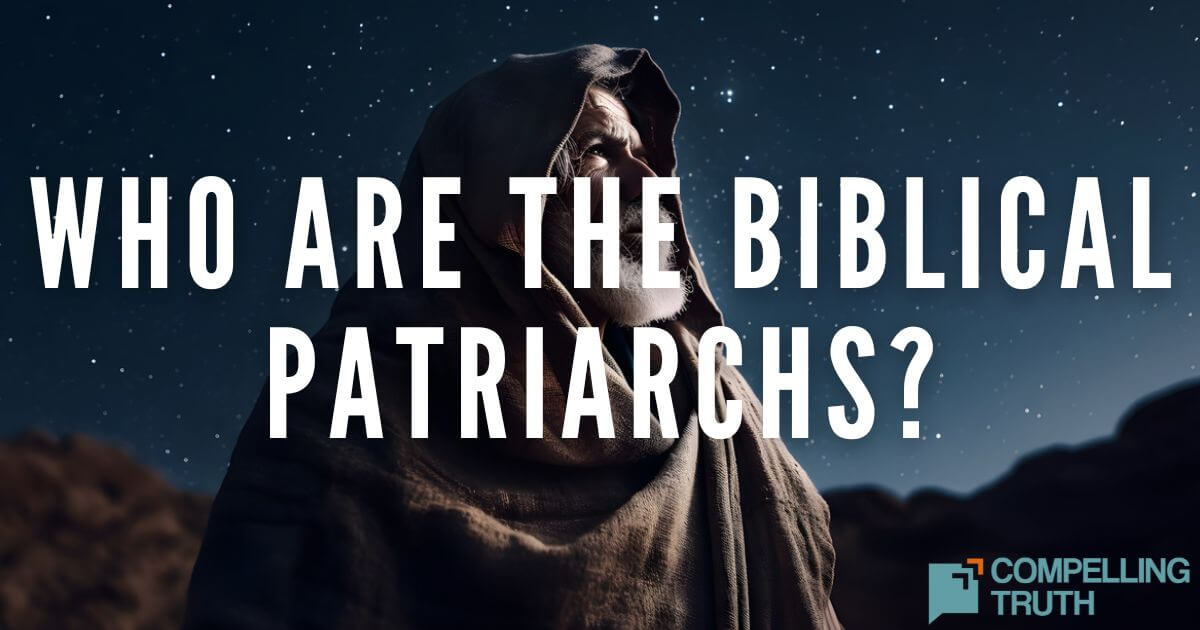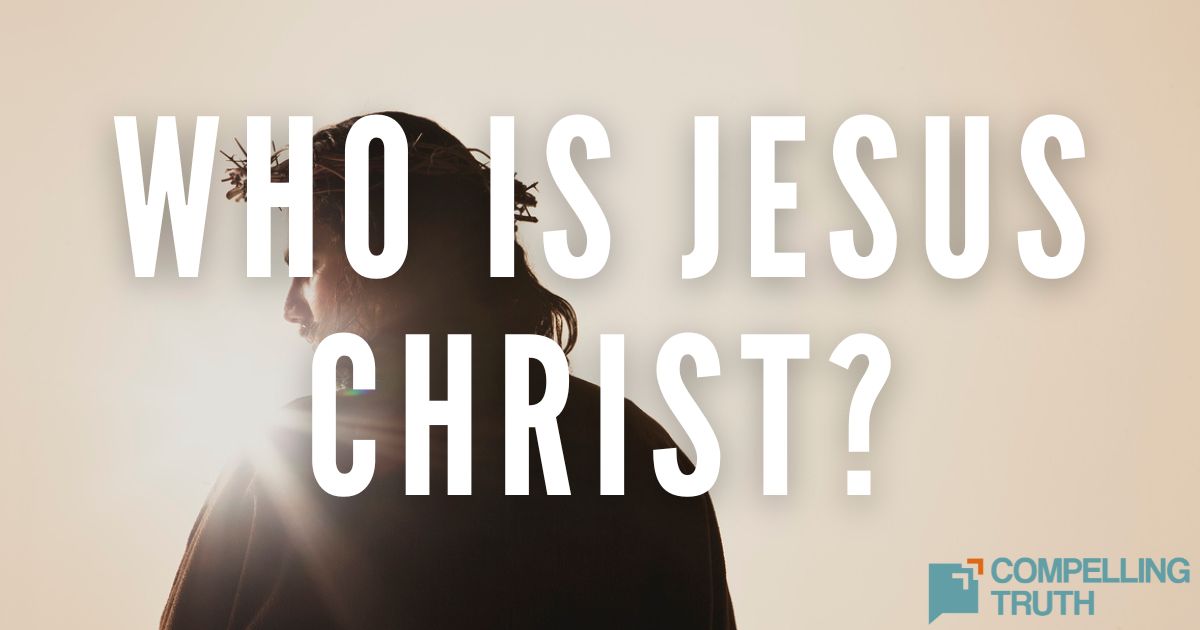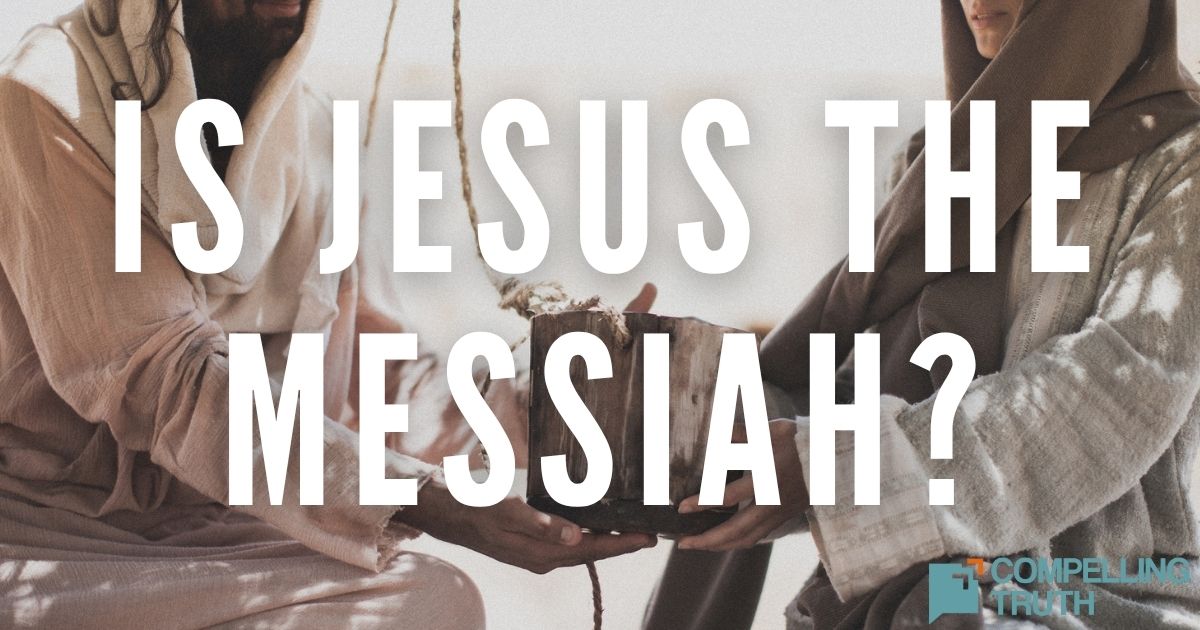There are four different men named Simeon mentioned in the Bible: Simeon, a son of Jacob (Genesis 29:33); Simeon, a man who met the baby Jesus in the temple of Jerusalem (Luke 2:25); Simeon, a church member in Antioch (Acts 13:1); and Simeon who was listed in the lineage of Jesus (Luke 3:30). From the Old Testament Simeon, we learn the importance of leaving vengeance to God, while the primary New Testament Simeon exemplifies living faithfully in anticipation of God's promises.
From the Simeon of the Old Testament we can learn that while there is nothing wrong with seeking justice, vengeance belongs exclusively to God (Genesis 4:15; Psalm 38:20; 1 Peter 3:9). Romans 12:17–19 tells us: “Repay no one evil for evil, but give thought to do what is honorable in the sight of all. If possible, so far as it depends on you, live peaceably with all. Beloved, never avenge yourselves, but leave it to the wrath of God, for it is written, ‘Vengeance is mine, I will repay, says the Lord.’” The God who is righteous and just (Deuteronomy 32:4) will right all wrongs. Even though Simeon took matters into his own hands, God still shows His grace to Simeon's lineage in Revelation 7:7 where the tribe of Simeon is included in the list of the honored twelve tribes of Israel who will be protected by God during the tribulation. For all who trust in Him, they have assurance that His grace is available to them as well.
From the primary Simeon of the New Testament we can learn what it looks like to live faithfully while waiting for God’s promises to be fulfilled. Simeon spent his life anticipating Christ's arrival, and in a similar way, we should live our lives anticipating Christ's return (see Acts 1:11 and Titus 2:13). Jesus is a comfort to all who place their faith in His salvation. Just as Simeon was an example of staying faithful to what God had told him in a world that had largely lost hope, we must stay faithful to Christ who has reconciled us to God and given us hope for a future with Him (Romans 5:1–11).
